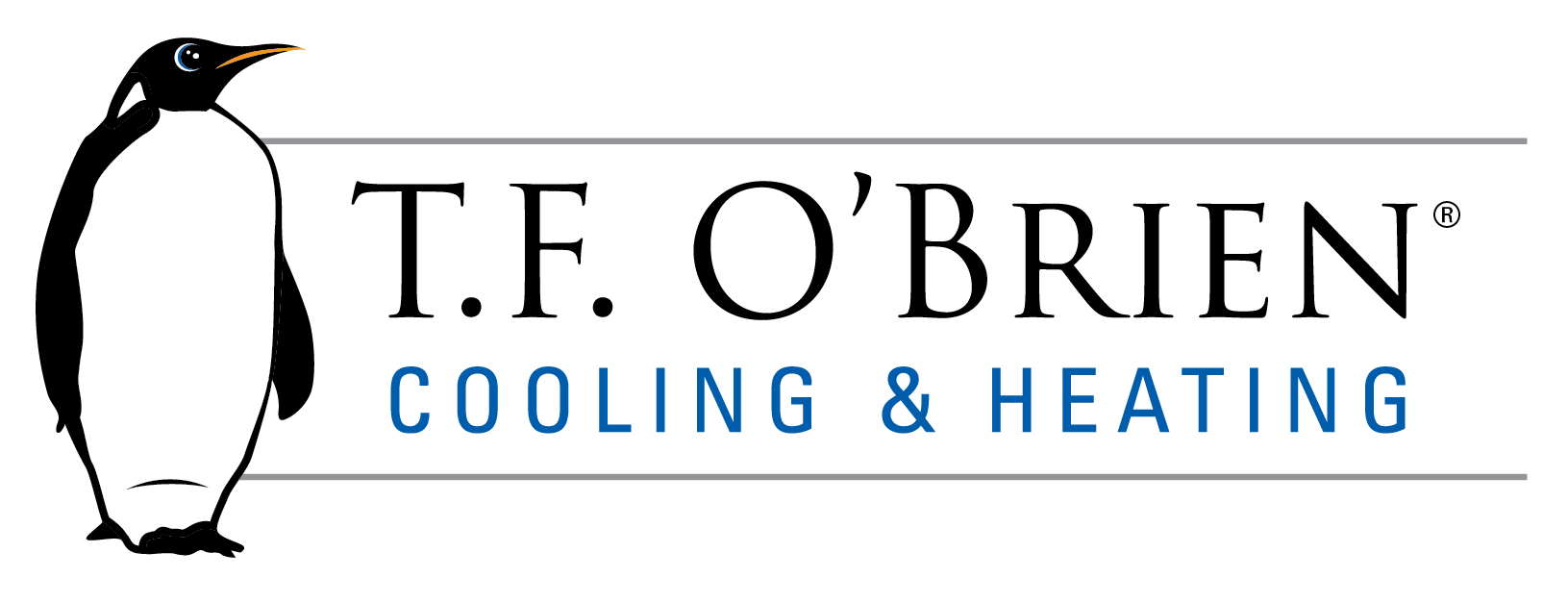You are paying just about half of your monthly utility bill to heat or cool your home. Given the tough economic times, all of us are looking for ways to cut our expenses, and significant savings may be found by better controlling your energy costs. Sealing up a home with additional home insulation is an excellent way to save money and make your home more comfortable.
It is especially critical going into the Long Island winter that you make sure your home has enough insulation. Insulation is measured or rated in terms of its thermal resistance or R-value. An R-value indicates the insulation’s resistance to heat flow. A higher R-value means greater insulating effectiveness.
The R-value depends on the type of insulation, and includes its material, thickness, and density. When calculating the R-value of a multilayered installation, add the R-values of the individual layers. Installing more insulation in your home increases the R-value and thus the resistance to heat flow.
Most local utility companies will perform free energy audits to determine if your home has the proper insulation. The attic is one of the first places to check to make sure that air is not escaping through the roof. Outside walls also need to be checked to make sure that air is not escaping to the outside.
It is also important to check around windows and outside vents which are common spots for air infiltration. Where there is a problem, small holes can be drilled in the wall and fine pieces of insulation can be blown into the gap to seal it up.
In addition to installing more home insulation, there are other energy saving tips that can cut costs. Ask your skilled T.F. O’Brien HVAC technician about installation of a programmable thermostat or have them perform an air infiltration inspection which will determine exactly how much cool air is coming into the home during the winter.
T.F. O’Brien services the Long Island, New York area.
Our goal is to help educate our customers about energy and home comfort issues (specific to HVAC systems). For more information about preventive maintenance and other HVAC topics, please download our free Home Comfort Resource guide.
